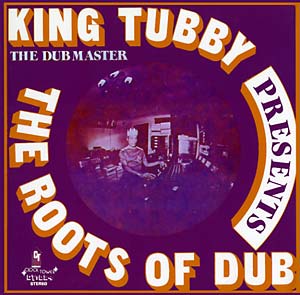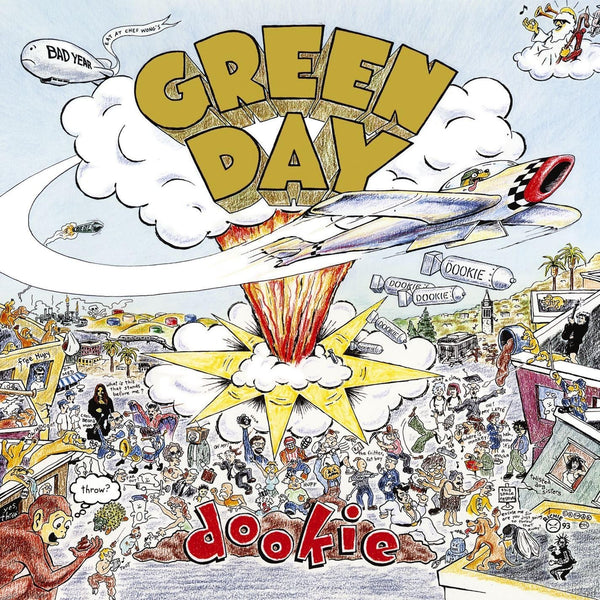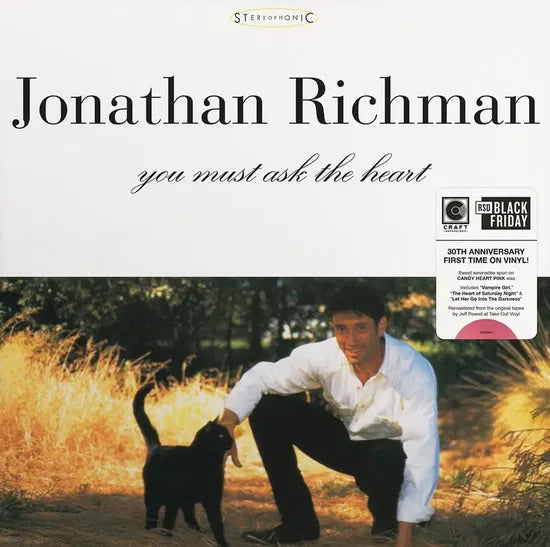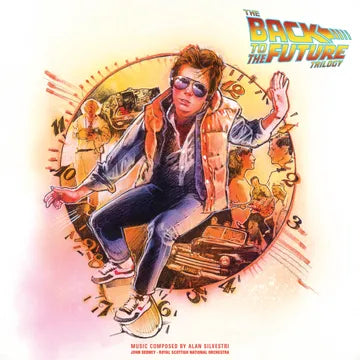King Tubby - Presents The Roots Of Dub, Vinyl LP
Factory sealed. New
The sound of dubs mixed by King Tubby (Osbourne Ruddock) in Jamaica in the early to mid-1970s have long been the stuff of legend in reggae. Those who take a deep dive into the origins of electronic dance music or hip-hop will inevitably confront this formidable legacy. Tubby is also a household name among recording engineers, regardless of genre, as his approach to his craft was genuinely groundbreaking, the idea that a vocal mix of a song was just the beginning of sonic possibilities, not the end goal.
Originally included on the dub compilation CD series Evolution Of Dub, Greensleeves Records in association with Gorgon Music has brought King Tubby Presents The Roots Of Dub and Dub From The Roots back to vinyl with fresh, newly mastered pressings.
“Nobody had ever heard remixing done to the extent that dub was deconstructing these vocals,” explains musicologist and Blood & Fire A&R man Steve Barrow. “That was Tubby’s genius. In a sense, King Tubby gave the world new ears to listen to music.”
From 1968-1975, Ruddock ruled one of the most revered soundsystems in Jamaica, Tubby’s Home Town Hi-Fi out of Waterhouse. It was sidelined by bullets in 1975, the year Dub From The Roots and the Roots of Dub were released. Tubby’s soundsystem is the most celebrated in the history of Jamaican music because of its power (heard for miles away), sonic quality (purportedly crystal clear), and armed with the most exclusive and exceptional music of the day (much of which was produced by Bunny Lee), usually mixed and cut to acetate (i.e. dubplate) by the exacting owner himself. Take all of that and add the pick of the litter of Kingston’s emcees to liven up the dances, and King Tubby’s Home Town Hi-Fi was the complete package.
Out of context, these nearly five decade old LPs might sound minimalist in 2023, but at the time of their release, these were the essence of soundsystem music that was dominating Jamaican dancehalls. Emcees like U Roy, I Roy, Big Youth, Jah Stitch, Prince Jazzbo, and a whole new generation used these riddims to hone their craft in the critical live setting of the dance. The mixes found on these records were the most sonically progressive coming out of Jamaica at the time. The handful of previous dub albums were barely more than instrumental versions with some basic processing and channel isolation.
The predominant rhythmic style of reggae in 1973-1974 was flying cymbal or fliers (epitomized by Johnny Clarke’s hit for Bunny Lee “None Shall Escape The Judgment”). According to Bunny Lee biographer Noel Hawkes, “Striker asked Soul Syndicate drummer Carlton ‘Santa’ Davis to build a new style of rhythm, ‘Santa, I want something that sound like it’s come from outer space!,’ based around the Philadelphia disco sound of an open and closed hi-hat.”
These two albums are quintessential fliers dub albums. Mixed from material voiced for Lee’s now iconic stable of artists, The Roots Of Dub reflectively holds a selection of riddims first touched by Cornel Campbell, Johnny Clarke, and Linval Thompson but in many cases compositionally originating from Studio One, Treasure Isle, or High Note. Dub From The Roots draws on tracks voiced by John Holt, Johnny Clarke, Jackie Edwards and Horace Andy, among others.
Largely instrumental, the voices are almost entirely washed away in the sea of phasing, high-pass filtering, echo, and reverb (the core menu of dub effects). These mixes also set the standard for when and how to isolate the four respective channels of the mix into their constituent parts (rhythm, drums, bass, horns, and vocals) and then recombine, refocus and explore new sonic possibilities.
Ever present and highly celebrated in these dubs is the loping bass of Familyman Barrett, Fully Fullwood, and a young Robbie Shakespeare. These mixes only hint at the impact the music would have had when unleashed via the epic soundscape of Tubby’s Home Town Hi-Fi or the hundreds of smaller sounds proliferating at the time.
Ruddock was murdered in 1989 at age 48, cutting short a career that was coming into a new creative phase in the digital era. His loss set the stage for a critical reconsideration in the 1990s that has given him First Citizen status in the history of soundsystem culture, now a globally recognized and influential phenomenon in popular music.





